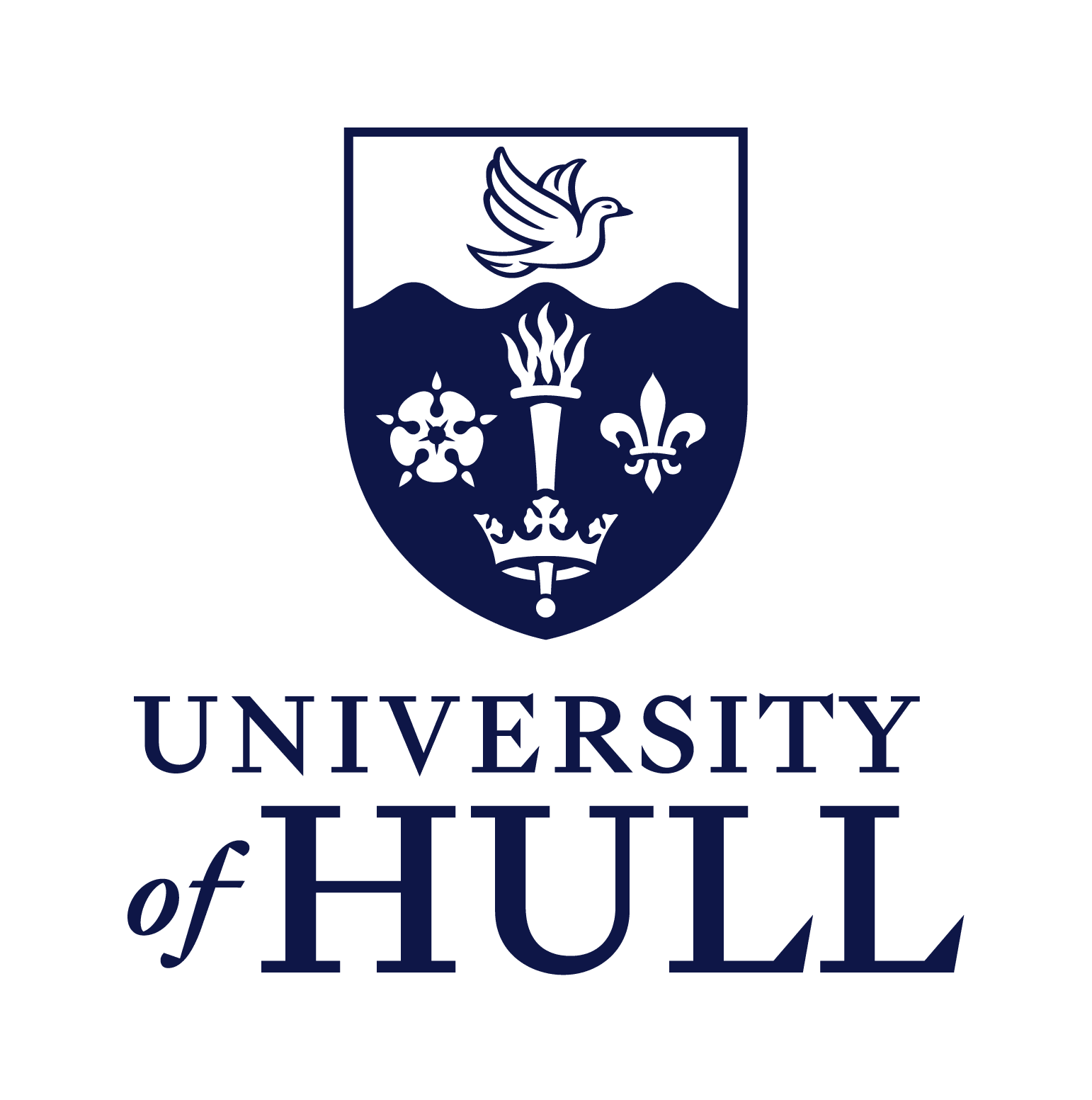Level 4 Modules:
- Children’s Rights and Participation (20 credits)
- Holistic Child Development (20 credits)
- Safeguarding Children (20 credits)
- Playful Pedagogy (20 credits)
- Creative Critical Thinkers (20 Credits)
- Adverse Childhood Experiences (20 credits)
Level 5 Modules:
- Special Educational Needs and Disability (20 credits)
- Contemporary Approaches to Leadership (20 credits)
- Collaborative Approaches to Working (20 credits)
- Emergent Literacy (20 credits)
- Mathematics in Early Years Education (20 credits)
- Research Project (20 credits)
The programme will require approximately 12 hours a week of private study to access materials and engage in wider reading and research.
Occasional changes to modules and course content may take place. Students will be notified when applicable.
Students will study full time through face to face (on-campus) with some online flexible learning via our virtual learning environment (VLE), CANVAS.
Students will be supported through:
Seminars
Seminars will allow for focussed discussion in small groups which encourages participation, fosters active debate, and allows participants to learn from the different opinions and the experiences of others. Seminars develop transferrable skills in active listening, negotiation and conflict resolution, self-expression and general oral communication.
Collaborative Work
In-class activities or online discussion forums are an important feature of many seminars and workshops. This meets the requirements of working in the sector; employers stress collaborative and team-working abilities as desired graduate attributes. Collaboration also provides a valuable opportunity to engage in shared learning. Initially supported and guided study will be the approach adopted but students will be required to develop independence and self-direct their study as they progress through the programme.
Workshops
Workshops take place in small groups or discussion forums but are more practically focussed than seminars. Workshops will also be arranged to support students’ developing research and IT skills.
Virtual Learning Environment
Extensive use will be made of the institutional VLE. Beyond being a repository of material, the CANVAS provides a student lead experience which supports all learning and teaching activities mentioned. Students are encouraged to construct their own community of practice with the support of the teaching staff. The VLE allows for connectively and flexible study opportunities for student engagement.
Group tutorials
Students will be offered group and individual tutorials to provide one to one student support either face to face or via the VLE. This is a useful way for students to access support for their studies and assessments and allows students to discuss the application of their knowledge to practice. The tutorials are available at flexible times of the week to support with work and other commitments.
Assessment Approach
A range of assessment methods underpin the development of student transferable skills and make a positive contribution to the students’ learning experience. Assessment is both formative and summative. The diverse assessment strategies meet the varied needs of students and include:
- Academic Essays
- Presentations
- eBooks
- Reports linked to practice
- Posters/leaflets
Applicants will come from a variety of different professional backgrounds which may include childminders; early years practitioners; support assistants working in either a mainstream or special school and teaching assistants working in the early years sector. This might be in a full time or voluntary capacity.
Importantly applicants will have at least 2 years full time equivalent experience working in the sector prior to starting the course and will hold a Level 3 qualification (or equivalent) in a work-related area and are additionally required to hold a current DBS Enhanced Certificate.
Applicants are required to either be in paid employment or undertaking a voluntary placement for a minimum of 2 days per week. This will underpin practitioners’ experiences in the workplace through studying a variety of modules that will enhance and support career progression.
Grade 4/C in GCSE English and mathematics is desirable but not essential. If you do not have these qualifications, you will still be accepted onto the programme but would need to realise that future employment might require this.
We are committed to creating educational opportunities for people from a variety of backgrounds and situations. If you have been out of formal education for some time, and/or you do not have the qualifications stated, we might still be able to consider your application and offer you a range of support. We are here to help. Please get in touch to find out more.
The Foundation Degree enables students to build on experience as an early year’s practitioner and develop new strategies for supporting children and working alongside colleagues and parents. Career progression is varied and may include:
- Senior/Lead Nursery Practitioner
- Pre-School Leader
- Play Leader
- Room Leader/Section Leader
- Deputy Manager
- Setting Manager
Upon completion of the Foundation Degree in Children’s Learning and Development, there is also the opportunity to progress to the Early Childhood Studies top up programme and gain a Batchelor of Arts (BA Hons) in one year. This will give opportunities for further professional development, for example, going onto Teacher Training programmes, Local Authority based work (such as family liaison officers) and other related professions.
